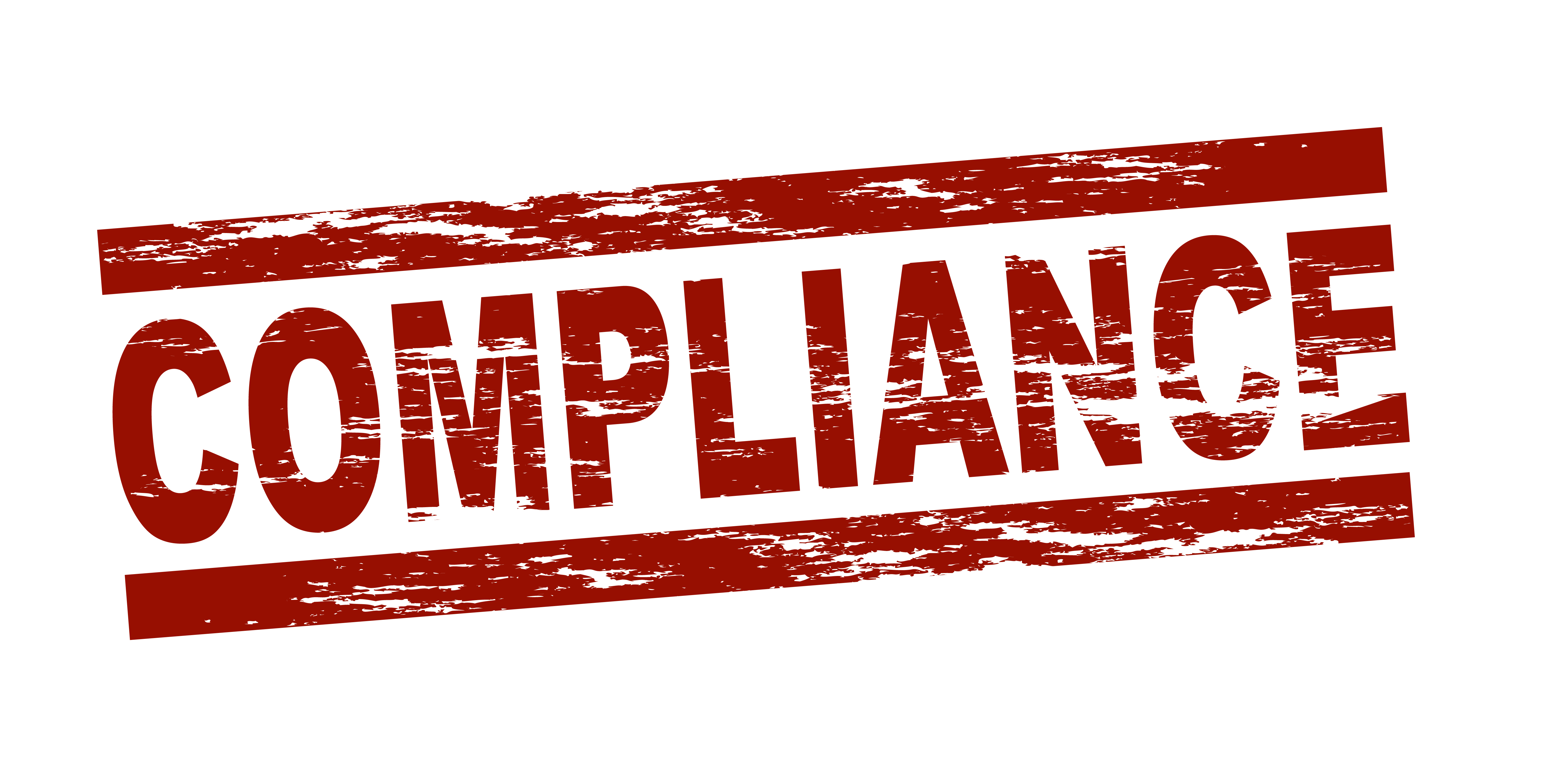The importance of fundraising compliance
For many nonprofits, fundraising and grant writing are critical initiatives that support key program services and activities. Fundraising engages all members of your organization, from the board of directors to your team of volunteers. So, while it is important to remain focused on your fundraising goals, you should not overlook the importance of fundraising compliance.
What Is Fundraising Compliance?
Currently, 41 states require nonprofits to register before they can legally solicit donations. This process is called charitable solicitation (aka fundraising) registration. A common misconception is that simply having a 501(c)(3) tax exemption from the IRS is all that is required to fundraise, but that is not the case.
By registering, a nonprofit is informing the state and the public of their operations, leadership, and financial information. The purpose is simple: to give the public a clearer idea about the mission you set out to do, and to demonstrate that you represent and further a legitimate cause.
Fundraising registration typically involves filing an application with each state where you fundraise, along with the registration fee and a variety of supporting documentation, including the IRS determination letter, articles of incorporation, bylaws, and financial information. Compliance also includes renewing your fundraising license on time, and keeping up with additional corporate filing and registered agent requirements.
Who Cares About Fundraising Compliance?
The short answer is – everyone!
The board of directors is generally responsible for compliance filings and requirements, in addition to their primary focus of fundraising. In certain states, directors and officers can be held liable for noncompliance, or for paying penalty fees. A board that understands the importance of compliance will help protect itself and improve your charity’s fundraising successes.
Grant writers care about compliance because generally, your nonprofit should be registered for charitable solicitation before you apply for a grant. Most states consider applying for grants as a form of charitable solicitation. In addition, foundations almost always insist that grant applicants are in compliance with charitable registration laws in their state of incorporation, before an application is accepted.
Nonprofit staff and volunteers need to know that their organization is compliant, especially when speaking with donors. In order to establish credibility, they probably have a packet of materials on hand that includes the details of the valuable work you are doing in the community and where the donor’s gift goes. You should also include proof of charitable registration and your IRS determination letter. If a donor asks for these documents and you have nothing to show, you may lose their donation entirely.
Donors want to know that their donations are going to a legitimate organization. Charitable solicitation laws serve to protect donors from improper fundraising activities. Donors do their research and look up an organization in charity state databases before they consider a donation. Being compliant helps demonstrate that an organization is responsible and that reassurance may be key in a donor’s decision to contribute.
What Happens When an Organization Doesn’t Comply?
Ignoring state charitable solicitation requirements altogether is never a good idea. An organization could face fines as high as $5,000 for a single infraction in one state, which can exceed the cost of registering nationwide. In some states the organization’s officers and directors are personally responsible for the fines. In addition to fines, an organization could face other penalties such as having their tax exemption revoked, or have their right to solicit donations be denied. Ultimately, the benefits of compliance far outweigh potential costs.
What Are The Requirements in Your State?
Forty-four states currently have laws surrounding fundraising. As you might suspect, the requirements vary by state. For example, New York is among the states with the most strict requirements, and is at the top of the list for most nonprofits that fundraise online. At the same time, these laws are constantly changing, such as in 2013, when Arizona eliminated its registration requirement altogether. It is vitally important to your fundraising efforts to review your state’s requirements often, and to stay on the right side of the law. Don’t get discouraged, and remember, there are service companies and other professionals that specialize in managing these requirements for your organization.
Investing in compliance can help an organization streamline grant applications, build credibility with donors, inspire confidence in staff, and keep their fundraising initiatives running smoothly. For more information on the ever-changing requirements, please review our Fundraising Compliance Guide.
Author Bio: James Gilmer is a compliance specialist for Harbor Compliance, a company that establishes 501(c) nonprofits and helps them manage compliance nationwide. Harbor Compliance assists charities in every state and several countries abroad. James is on the board of two nonprofits in Pennsylvania.


No Comments